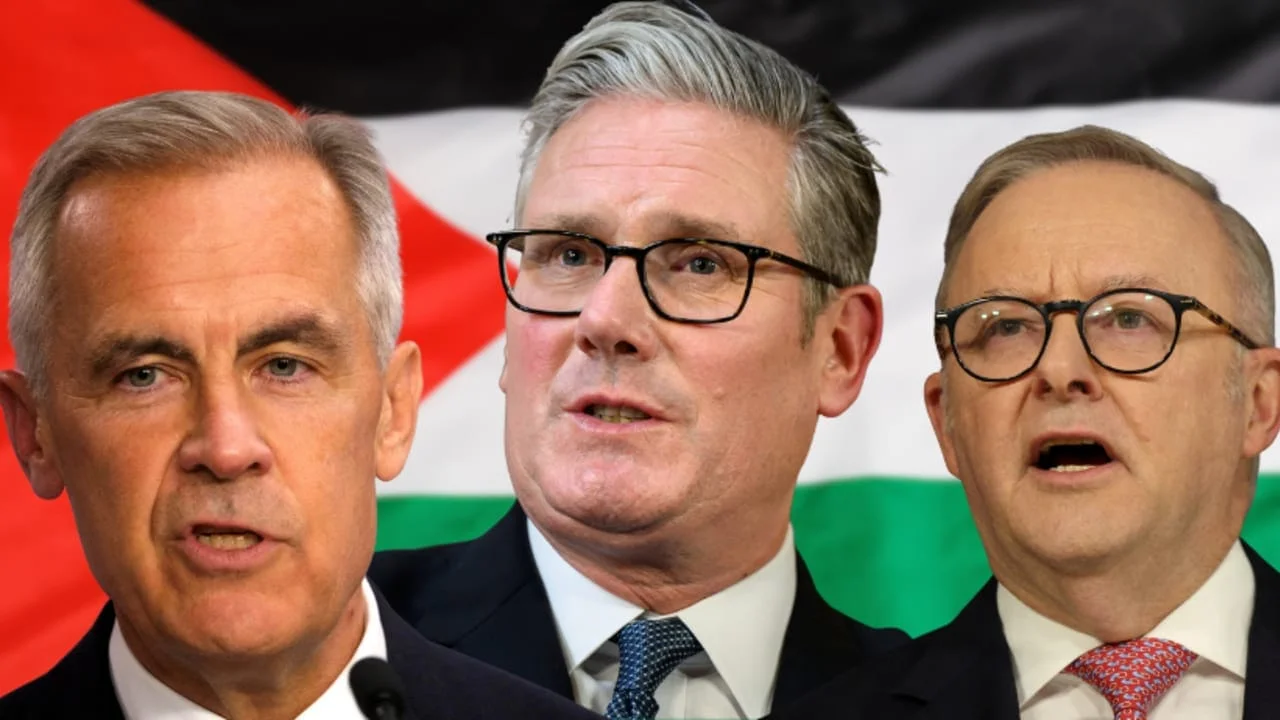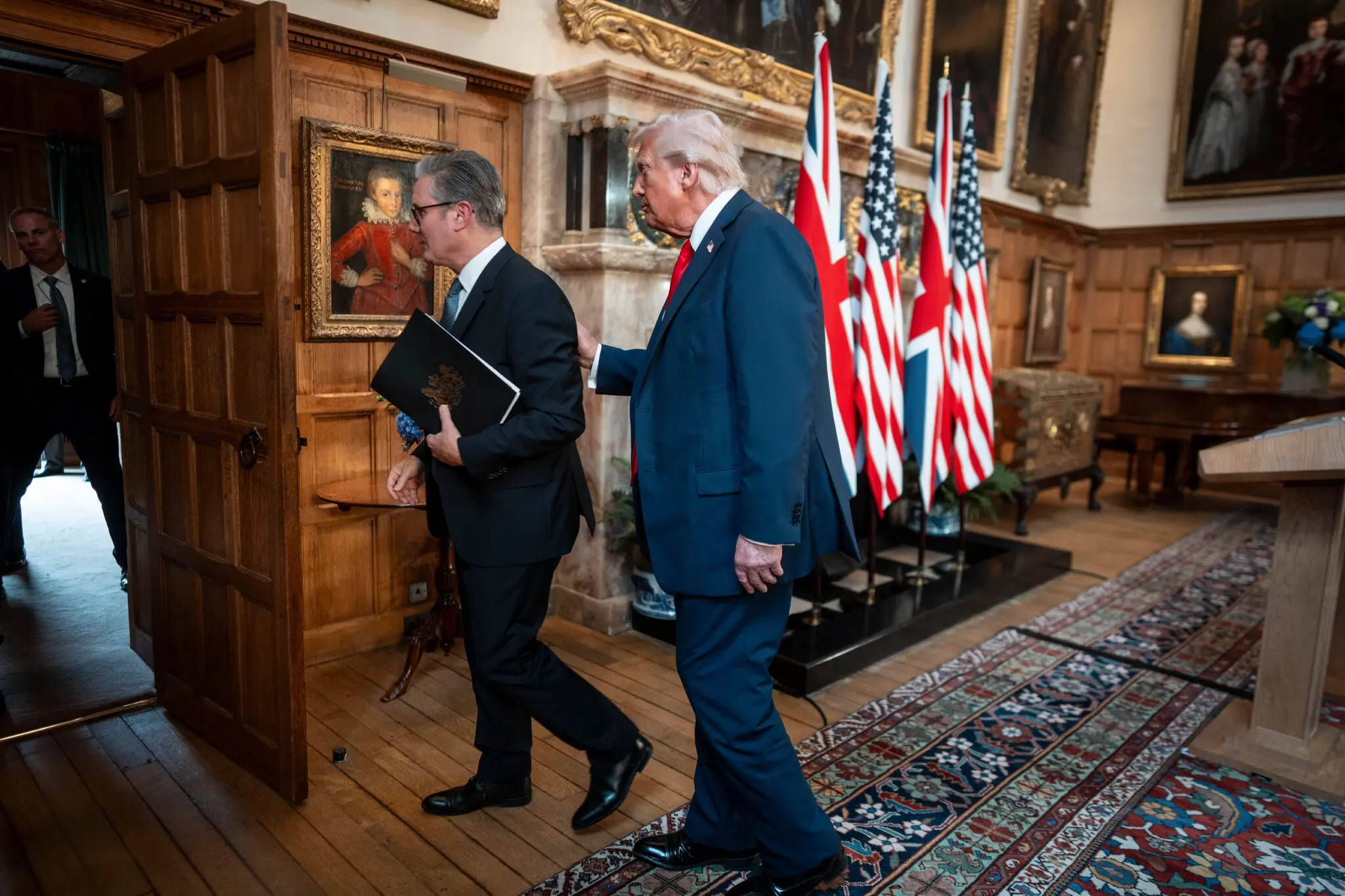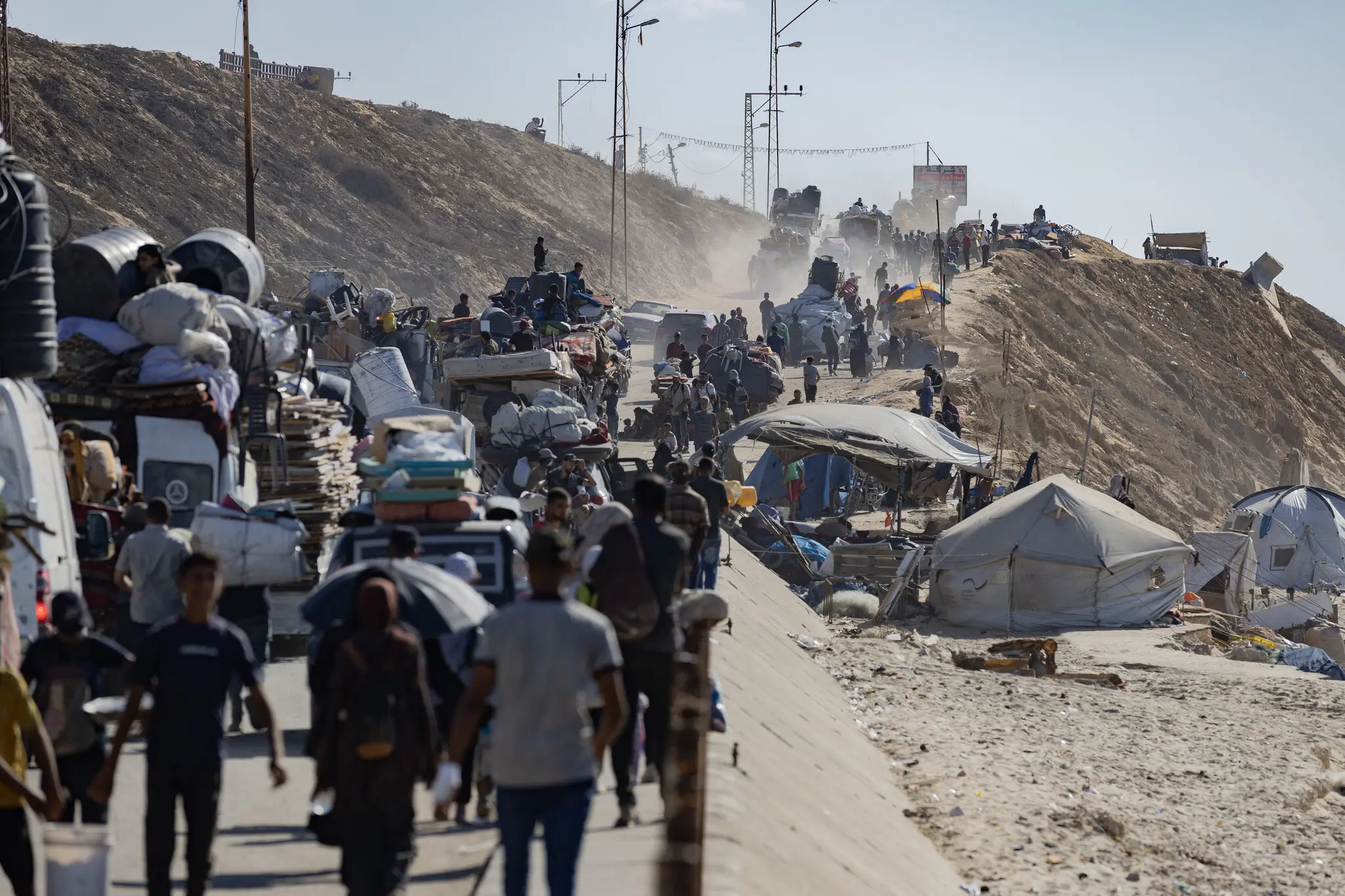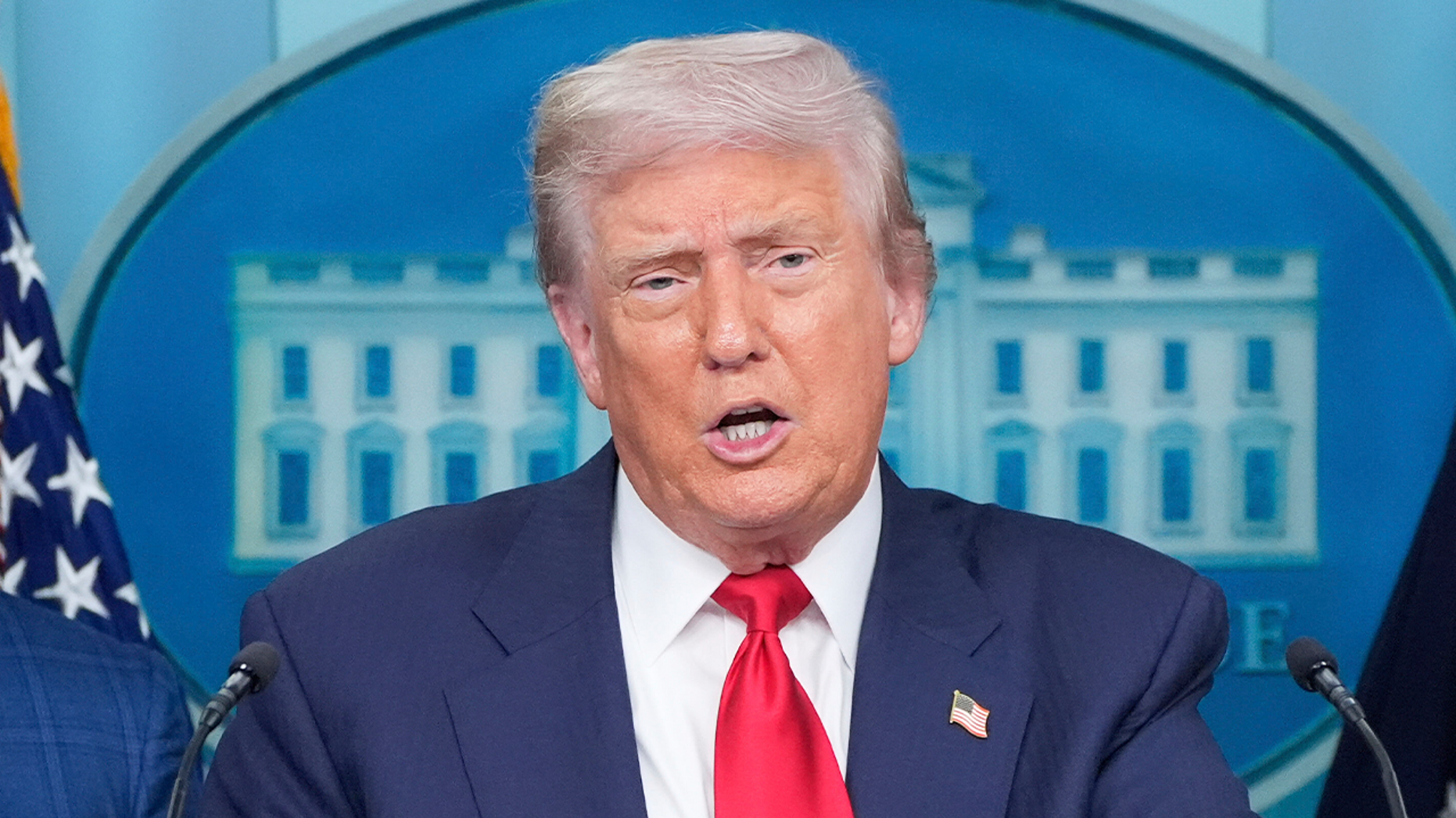Palestinian Statehood Acknowledged by Britain, Australia, Canada and Portugal
22.09.2025
Britain, Canada, Australia and Portugal Move to Recognize Palestinian State
Diplomatic Shift Ahead of U.N. Gathering
On the eve of the United Nations General Assembly in New York, several major U.S. allies — Britain, Canada, Australia, and later Portugal — formally announced recognition of a Palestinian state. The coordinated moves place added pressure on Israel and expose a widening rift with the Trump administration. France has also pledged to support recognition during the upcoming U.N. vote, joining more than 150 countries that already acknowledge Palestinian statehood.
Growing Pressure on Israel
The timing of these announcements increases diplomatic isolation for Israeli Prime Minister Benjamin Netanyahu. While the recognition is largely symbolic and unlikely to halt Israel’s military campaign in Gaza, it underscores international frustration with the mounting humanitarian crisis. The ongoing conflict has left tens of thousands dead and much of Gaza in ruins.
British Prime Minister Keir Starmer said in a statement, “To revive hope for peace and a two-state solution, the United Kingdom formally recognizes the State of Palestine.” His declaration followed similar announcements from Canadian Prime Minister Mark Carney and Australian Prime Minister Anthony Albanese, both of whom emphasized that only a two-state solution could bring lasting peace.
Portugal and France Join the Momentum
Portugal’s foreign minister Paulo Rangel, speaking from New York, confirmed his country’s support, calling a two-state framework “the only path to a just and durable peace.” France, which had declared its intention earlier in the summer, said it would back recognition during the General Assembly vote.

Reactions From Both Sides
Palestinian officials welcomed the coordinated moves, while Israel strongly condemned them. Netanyahu vowed to push ahead with settlement expansion in the West Bank, warning that recognition efforts would ultimately harm the goal of Palestinian statehood. Hamas officials praised the decisions but rejected demands that the group be excluded from any future Palestinian governance.
Starmer’s Balancing Act
For Prime Minister Starmer, a former human-rights lawyer, the decision reflects both moral and political pressures. While he has sought close alignment with Washington on other issues, the Gaza conflict has forced him to take a more independent stance. Domestic political pressure from within the Labour Party and public outrage over images from Gaza also weighed heavily on the decision.
Starmer acknowledged the personal dimension, noting his wife’s Jewish background and his extended family’s ties to Israel. He condemned both Hamas as a “terror organization” and Israel’s “relentless bombardment” of Gaza, positioning recognition as part of a broader push for hostages’ release and renewed negotiations.
Criticism and Limitations
Analysts cautioned that recognition, while historic, may not lead to immediate changes on the ground. “The question will be, what has recognition changed? The answer, for now, is nothing,” said Daniel Levy of the U.S./Middle East Project. Pressure is likely to grow on London and its allies to take further steps, such as limiting arms sales or imposing additional sanctions.
The U.K. has already suspended some weapons exports and imposed sanctions on far-right Israeli ministers Itamar Ben-Gvir and Bezalel Smotrich. It has also said it would abide by its legal obligations if Netanyahu entered Britain, following the International Criminal Court’s arrest warrant issued last year.

Netanyahu’s Defiance
Netanyahu has long opposed Palestinian statehood and said the latest decisions would only strengthen Israel’s resolve to block it. “For years I have resisted enormous pressure at home and abroad to allow the establishment of this terrorist state,” he said, pledging to intensify settlement construction.






